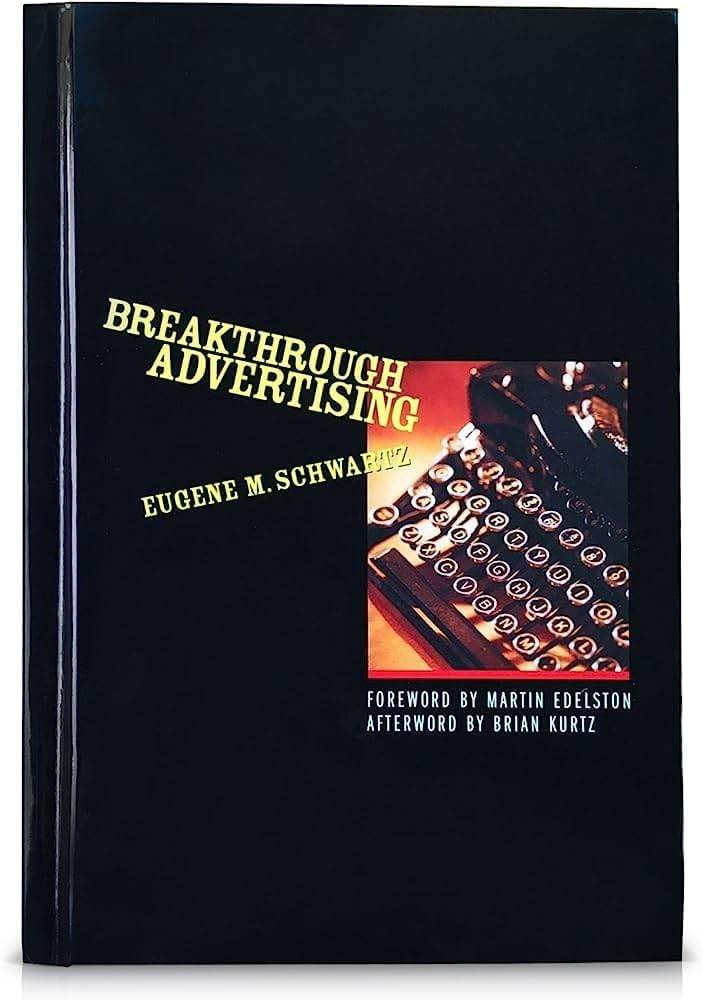What even is Copywriting?
Let's not over complicate things
It's getting paid to write for businesses. Copy is everywhere: TV ads, newspapers and magazines, the flyers and brochures that come through your door, the posters and billboards you drive past every day. But the most common place you'll find copy these days is right here, on the internet.
Emails from mailing lists you've signed up to, most of the junk that ends up in your spam folder, Facebook ads, product descriptions, the text you read on a website's homepage. Yep - it's copy. All of it.
So it's just content, right?
To a degree, this could be considered a matter of semantics. Some people refer to 'copy' as any words at all written for a business. A more common perspective in the marketing world is that copy serves a distinct purpose: be it to sell, persuade or convert. Copy is an emotive being, it should make the reader feel something, bridging a meaningful connection between the words and the reader's conscious mind. When we feel, we buy.
The purpose of content is rarely to sell, but often to entertain, inform, or to keep people engaged on the brand's socials. With this type of writing there's no need to reference specific products, pain points or sales offers. Content just needs to be what your audience want to consume. Things they enjoy and are drawn towards reading on their feed, whether it's new trends, ASMR or funny cats. The goal is to have the audience read, engage via likes and shares, and build a loyal following.
The psychology of buying
Ultimately copywriters are here to make businesses money. Quality copy can send conversion rates sky high, and have CEOs popping champagne. But how do we achieve this?
It's about identifying the ideal customer, getting to know who they truly are, and catching them in the right place at the right time. Then we connect with them on an emotional level, and solve a problem. Simple, right?
Well, this is only achieved through a deep research process. We need to find out where that audience likes to hang out - in real life and online - and what makes them tick. Are they a warm, cold or sub-zero degree market? What are their beliefs, morals, traits and characteristics? How about their demographics? All of this (and so, soooo much more) goes into the prep work of copywriting before we've even thought about getting any words down.
The holy grail of marketing
Breakthrough Advertising by Eugene Schwartz is a highly sought after resource for copywriters. Originally published in 1966, this highly technical book was one of the first to discuss marketing from a psychological perspective. By now it can be considered a collector's item with an almost cult status, which is reflected in its current market price.
The result?
By applying the unchanging laws of human psychology to copywriting, we create laser-precise words that make sales. Copy that resonates perfectly with the audience, showing them exactly what they need, why they need it, and where to get it.
Is your business plodding along with average copy? It’s time to step it up from DIY writing and discover how powerful words can really be. Message me for a chat about your website, social ads and email campaigns. I’ll see what I can do to get them flying through the next quarter.


